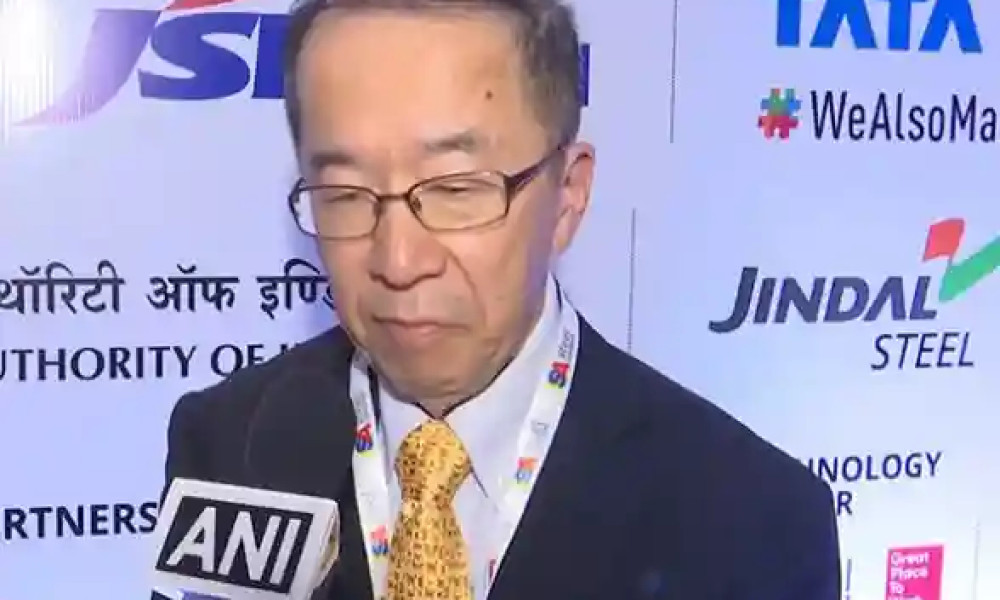India’s growing steel production and consumption have caught the attention of Japanese companies. With demand on the rise, many Japanese firms are exploring opportunities to expand their presence through new joint ventures.
Speaking at the ISA Steel Conclave in New Delhi, Kazuo Mike Fujisawa, representative of the Japan Iron & Steel Federation, highlighted this growing interest. He pointed out that India’s rising population and per capita consumption make it a strong market for the steel sector.
India and Japan already share a long-standing relationship in the steel industry. Over the years, several collaborations have been formed between companies from both countries.
One of the most significant joint ventures has been between JFE Steel Corporation of Japan and JSW Steel of India. Fujisawa noted that this partnership has grown steadily and is expanding even further.
In February 2024, JFE and JSW launched a new project named JSW JFE Electrical Steel Private Limited. The groundbreaking ceremony took place in Bellary, Karnataka, where a new facility is planned.
This joint venture is aimed at producing grain-oriented electrical steel, with full-scale production expected to begin in fiscal 2027. As demand grows, production is also set to expand further.
Another key collaboration is between Japan’s Nippon Steel and Arcelor Mittal in India. Their joint venture, AM/NS India, was formed in December 2019 after the acquisition of Essar Steel.
AM/NS India operates a large integrated steel plant in Hazira, Gujarat. The company produces a wide range of flat steel products serving sectors like automotive and infrastructure.
Fujisawa also acknowledged the challenges of doing business in India. He stressed that partnerships with strong domestic players are essential for success in this market.
On global trade issues, he addressed the recent US tariff changes. The Japanese government signed an agreement with the United States to reduce tariffs on Japanese cars.
Earlier, Japanese automobile exports to the US faced a steep 27.5 percent tariff. The new rate of 15 percent offers some relief, though it still impacts the industry.
Japan exports about 1.3 million cars annually to the United States. Automakers such as Toyota, Honda, Nissan, and Suzuki dominate this flow of vehicles.
Fujisawa explained that while the reduction is welcome, the auto industry continues to feel the weight of tariffs. For Japan, finding a middle ground in trade remains a pressing goal.
The tariff adjustment also affects financial institutions tied to car leasing and loans. Lower rates reduce uncertainty in pricing and forecasting, offering some stability for motor finance providers.
Both steel and automobile sectors underline the deep ties between Japan, India, and the US. With India’s steel market expanding and trade negotiations reshaping auto exports, Japanese companies are working to position themselves strategically for the future.

